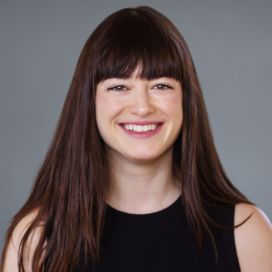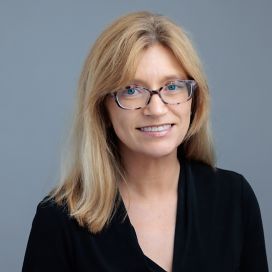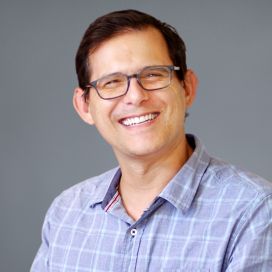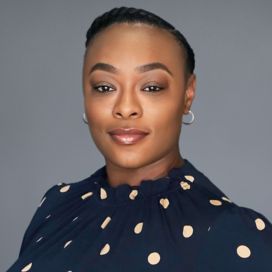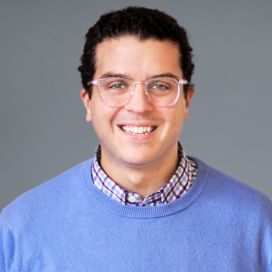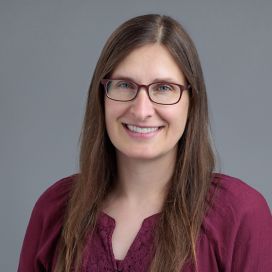Slover Linett at NORC is a research and evaluation thought partner for the cultural sector. For more than 25 years, we’ve been working with museums and cultural centers, performing arts organizations and venues, parks and gardens, public libraries, public media outlets, cultural heritage programs, science communicators, arts educators, and the public agencies, national organizations, and philanthropies that support them.
Now part of The Bridge at NORC, Slover Linett connects rigorous research to innovative practice, from rapid-response experience design and market research projects to field-wide studies that inform systems change and collective learning. At a time when cultural organizations are striving to understand the needs of new audiences and welcome all members of their communities, we use participatory, community-based research approaches that blend rigor, depth, and trust.
Our core team of social scientists and data analysts is skilled in quantitative, qualitative, and generative research, including population-level studies with representative sampling and advanced statistical modeling. They also collaborate with NORC colleagues in topic areas adjacent to arts and culture, such as education, health and wellness, youth development, and economic development, to shed an even brighter light on the impact of the arts.
Slover Linett’s staff members have presented research findings and policy insights at gatherings of the American Alliance of Museums, League of American Orchestras, Dance/USA, Science Festival Alliance, OPERA America, Association of Performing Arts Professionals, Association of Science and Technology Centers, Alliance for the Arts in Research Universities (a2ru), Institute of Museum and Library Services, National Endowment for the Arts, Barr Foundation, Wallace Foundation, and leading universities.
If your cultural organization or philanthropy has questions about audience and community needs, assets, values, and engagement patterns, or about the outcomes and impacts of engagement, we’d love to talk with you.
Get in Touch
Have questions? Contact us:
Meet Our Team
-
Emily Bray
Research Scientist -
Michelle L. M. Ernst
Senior Research Scientist -
Cory Garfin
Senior Research ScientistCo-Director -
Barbara-Shae Jackson
Research Scientist -
Matthew Jenetopulos
Research Scientist -
Peter Linett
Senior FellowCo-Founder -
Tanya Treptow
Senior Research ScientistCo-Director
Gustavo Arruda Franco
Research Associate
Edward Chong
Senior Research Associate
Camila Guerrero
Research Associate
Heather Welty
Research Associate
Bayaz Zeynalova
Senior Research Associate
